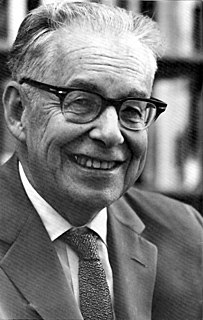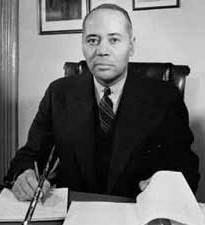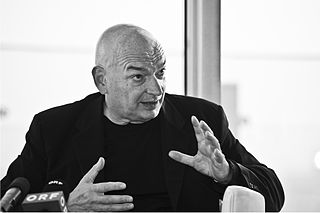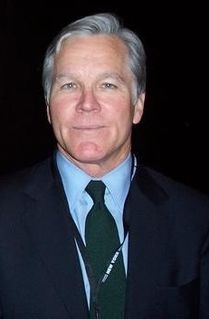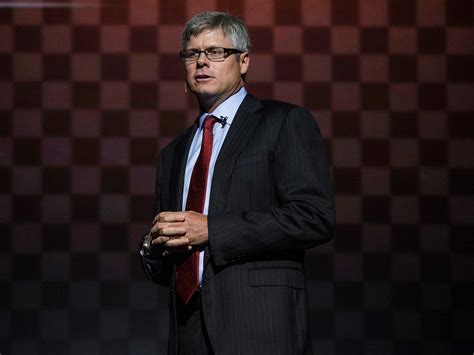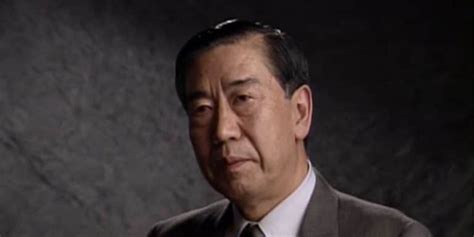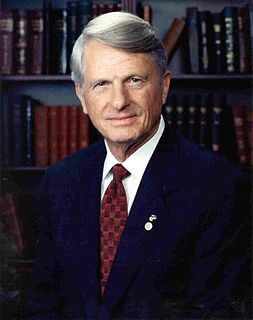A Quote by Charles Francis Richter
From here, it becomes an engineering problem; the engineer considers the ground motion that will occur and evaluates the requirements of the proposed structure in the light of the local foundation conditions.
Related Quotes
A lawyer’s either a social engineer or … a parasite on society … A social engineer [is] a highly skilled, perceptive, sensitive lawyer who [understands] the Constitution of the United States and [knows] how to explore its uses in the solving of problems of local communities and in bettering conditions of the underprivileged citizens.
If our local, observable universe is embedded in a larger structure, a multiverse, then there's other places in this larger structure that have denizens in them that call their local environs the universe. And conditions in those other places could be very different. Or they could be pretty similar to what we have here.
A recent review of different agricultural options for the future was conducted by a panel of experts. The scientists posed the question: How are we going to feed the world when there are nine billion people on it, as there will be by 2050? And the answer they came up with was industrial agriculture won't work and genetic engineering won't work and the solution is going to be sustainable, and going to ecological kinds of farming that are based on local environmental conditions that work with local ecosystems available to develop a richer kind of farming technology.
Here's the problem with Common Core. The Department of Education, like every federal agency, will never be satisfied. They will not stop with it being a suggestion. They will turn it into a mandate.In fact, what they will begin to say to local communities is, you will not get federal money unless do you things the way we want you to do it. And they will use Common Core or any other requirements that exists nationally to force it down the throats of our people in our states.
Magnitude may be compared to the power output in kilowatts of a [radio] broadcasting station; local intensity, on the Mercalli or similar scale, is then comparable to the signal strength noted on a receiver at a given locality. Intensity, like signal strength, will generally fall off with distance from the source; it will also depend on local conditions at the point of observation, and to some extent on the conditions along the path from source to that point.
